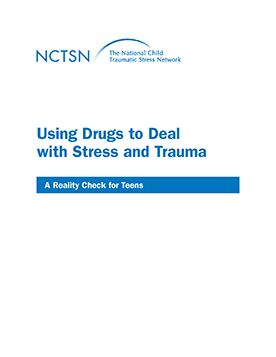
Using Drugs to Deal with Stress and Trauma: A Reality Check for Teens
Offers teens information about trauma, how it can affect them, and why they might use alcohol or drugs to deal with their experiences.
The following resources on child trauma were developed by the NCTSN. To find a specific topic or resource, enter keywords in the search box, or filter by resource type, trauma type, language, or audience.

Offers teens information about trauma, how it can affect them, and why they might use alcohol or drugs to deal with their experiences.
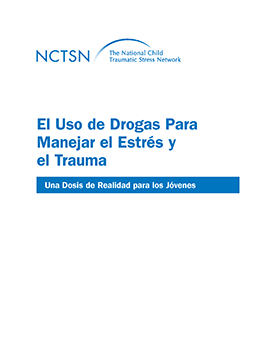
Ofrece a los adolescentes información sobre lo que es el trauma, cómo puede afectarlos y las razones por las que podrían llegar a consumir alcohol o drogas para enfrentar sus experiencias.
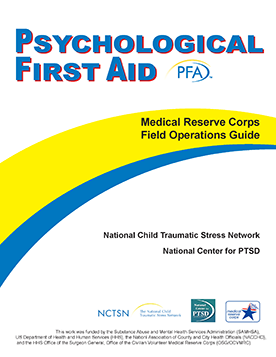
Gives guidance on responding to disaster, violence, or terrorism events using the Psychological First Aid intervention.

Describes the cultural and family differences in children’s sexual education and knowledge.
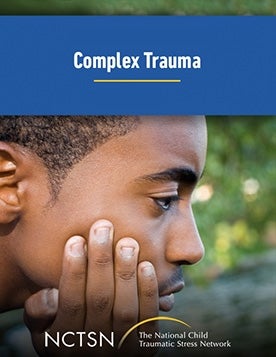
Addresses the lack of consensus on what are the most effective treatments for children with complex trauma.
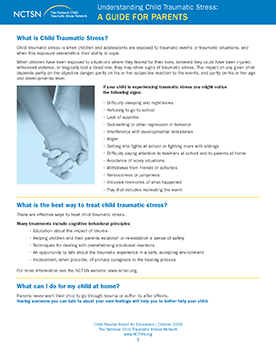
Offers parents information about child traumatic stress (CTS), the best way to treat CTS, what parents can do at home for their children, and how parents can make sure their children receive support at school.

Offers caregivers advice on helping children deal with the complex emotions that arise when the death of family member or other important person in a child's life is suspected, but not confirmed.
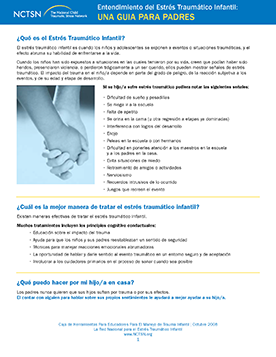
Offers parents information about child traumatic stress (CTS), the best way to treat CTS, what parents can do at home for their children, and how parents can make sure their children receive support at school.
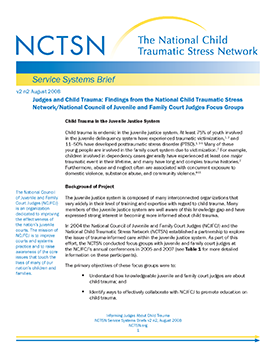
Summarizes findings from focus groups.
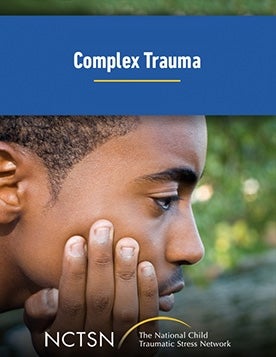
Discusses general and trauma-specific tools used to assess complex trauma in children and adolescents and how assessment guides treatment for this population.
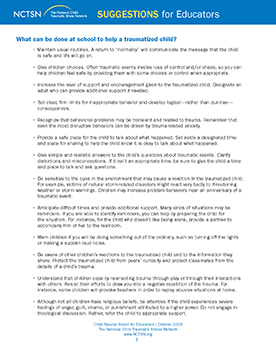
Offers suggestions to educators about what can be done at a school to help a traumatized child. This tip sheet describes very practical ways school staff can help children who have experienced trauma.

Discusses what complex trauma is, how it develops, and how it is distinguished from PTSD.